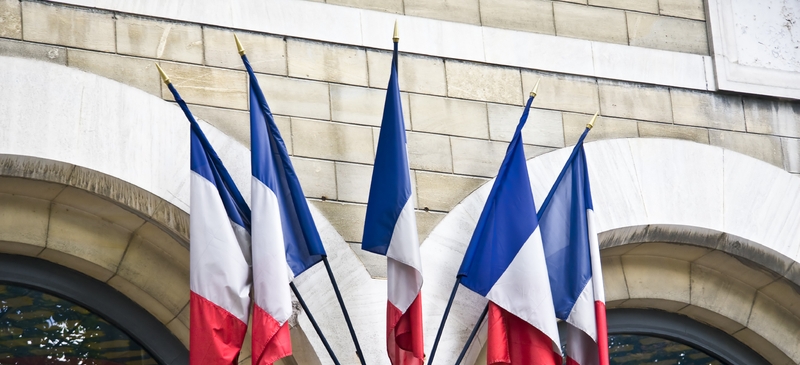
Sarkozy's bold European defence initiative
Gordon Brown will welcome Nicolas Sarkozy to London on March 27. Almost 10 years ago, their predecessors as British prime minister and French president, Tony Blair and Jacques Chirac, launched the European Security and Defence Policy (ESDP) at St Malo. At this week's Franco-British summit, defence co-operation will once again be on the agenda.
The ESDP has had its successes. Soldiers have been dispatched to Bosnia and Congo, policemen to Kosovo and Afghanistan, customs officers to Moldova and peace-monitors to Aceh in Indonesia.
But the policy has not fulfilled expectations. It has suffered from European governments cutting defence budgets and doing too little to boost military capabilities, and from poor cooperation between the EU and Nato. Yet the need for Europeans to develop the means to ensure stability in their troubled neighbourhood remains as urgent as it was a decade ago.
Last August, Mr Sarkozy said that he wanted to reverse the 1966 decision of President de Gaulle that pulled France out of Nato's permanent military structures. Mr Sarkozy's bold initiative, part of his strategy of strengthening transatlantic ties, is controversial within France.
Many senior figures in the French diplomatic and political establishment (including, apparently, François Fillon, the prime minister) oppose reintegrating with Nato, which they view as a declining, US-dominated body. But Mr Sarkozy hopes to win over doubters by saying that the EU must take on a bigger role in defence at the same time that France becomes a full member of Nato.
The practical results of France rejoining Nato's permanent commands would not be dramatic; when Nato has a real job to do, for example peacekeeping in Kosovo, French officers are spliced into the Nato machine.
But the symbolic and geopolitical consequences could be huge: more harmonious transatlantic security co-operation and the ending of damaging and silly rivalry between the two bodies. Given the limited quantities of personnel and equipment that European governments can provide, Nato and the EU need to work more closely together. Under Chirac, French officials often blocked such co-operation; now they encourage it.
The UK and US welcome the prospect of France becoming a full member of Nato. Yet supporters of this move - including some US diplomats - worry that Gordon Brown's sceptical attitude towards EU defence may spoil the plan. Are such fears justified?
That depends on what France will ask for, which is not entirely clear. It will want more military satellites, a new EU security strategy and more pressure on EU governments to raise defence budgets. Much of this would be acceptable to Britain.
However, Mr Sarkozy is also likely to want some sort of "operational headquarters" to plan and manage EU military missions.
When Chirac floated this idea in 2003, the British vehemently opposed it. They argued that the EU did not need its own headquarters, since it could draw on those of Nato or national governments. The US declared that an EU operational headquarters would be "the most serious threat to the future of Nato".
Any discussion of EU defence institutions is sensitive in the UK, where eurosceptics are ready to invoke the spectre of a "European army". Mr Brown's reluctance to talk about EU defence while the Lisbon treaty is going through parliament is understandable. But as soon as it is ratified, Mr Brown will need to respond quickly to Mr Sarkozy, who wants a deal on defence during the French presidency of the EU, in the second half of 2008.
Britain and France should be able to compromise on the headquarters and support one that could run missions for the EU or Nato. Its focus would be on co-ordinating the provision of military and civilian personnel, such as policemen, relief workers and law officers; and on getting the EU and/or Nato to work with other bodies such as the Organisation for Security and Co-operation in Europe and non-governmental organisations. This would fill a gap: Nato lacks a headquarters focused on civil-military co-operation. This compromise would probably be acceptable to the US.
There is a real prospect of a deal that puts France back into Nato, strengthens the EU's defence capabilities and brings Europe's two leading security organisations closer together. The negotiations will be tricky. But for the first time in the history of ESDP, the philosophical differences between London, Paris and Washington are minimal. We believe that Mr Brown will rise to the challenge and respond constructively to Mr Sarkozy's bold initiative.
